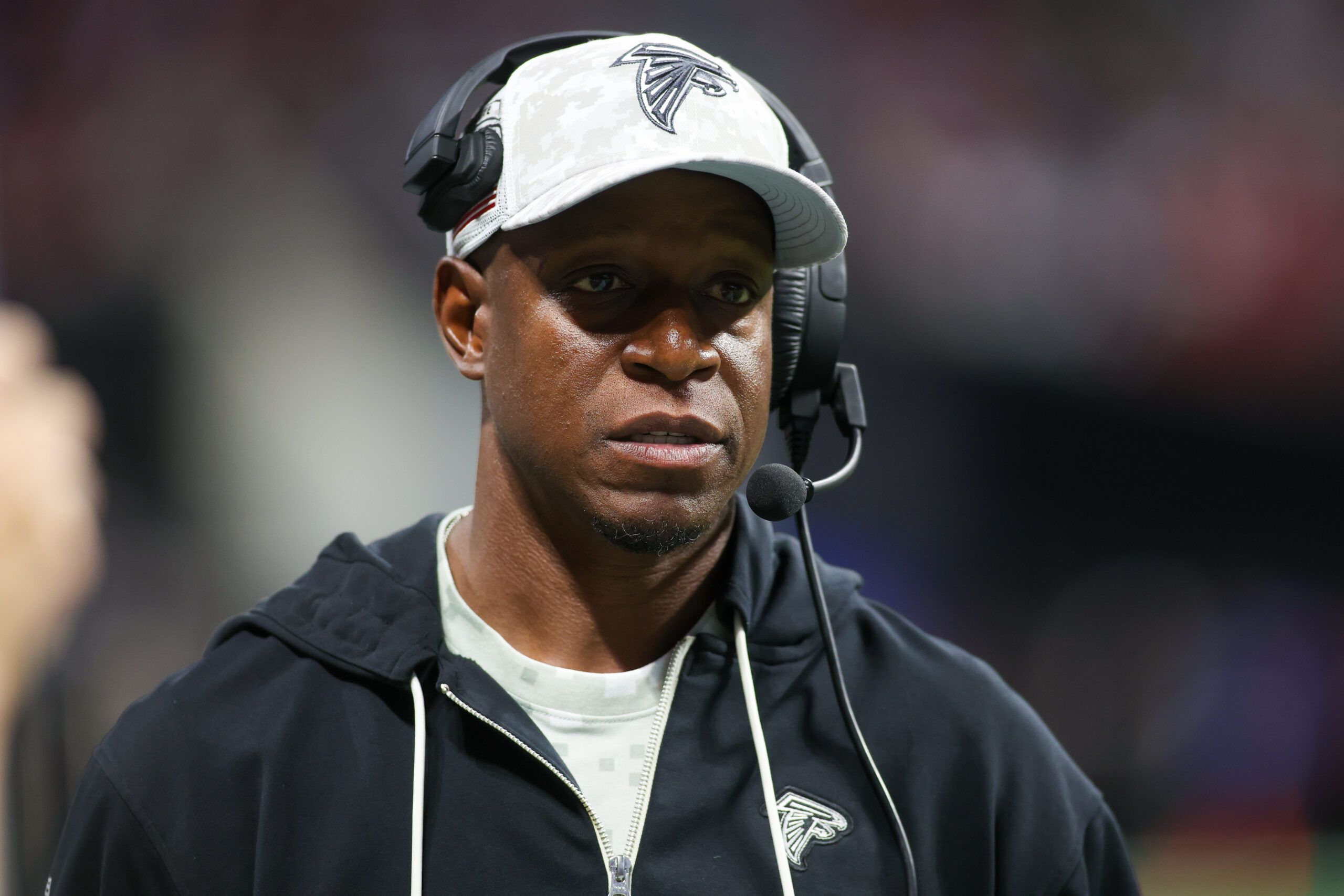

It’s not yet a widespread problem, but New Jersey is taking steps to head off any potentials issues that could arise from our best sports betting sites partnering with universities in the Garden State.
A bill aimed at banning partnerships between New Jersey sports betting apps and universities made progress on Sept. 23 with little debate. The Assembly Higher Education Committee unanimously advanced an amended version of Bill A4113, which was initially introduced last session by Assemblypersons Linda Carter (D-Plainfield), Benjie Wimberly (D-Paterson), and Reginald Atkins (D-Roselle).
Co-sponsor Assemblyman Benjie Wimberly (D-Passaic) said that the bill balances the line between giving students valuable opportunities and protecting them from the dangers of gambling addiction.
“On both sides of the aisle, we realize that we have to put guards up to protect our residents,” Wimberly told a local news source. “One illegal situation is one too many … I think we all would agree that we should head things off before they get to a point that it becomes an issue.”
The proposed changes
If approved and signed into law by Governor Phil Murphy, the bill would prohibit New Jersey sports betting operators or intermediaries, such as affiliates or booster clubs, from partnering with public higher education institutions, including state universities like Rutgers.
However, the bill fails to address the rules for the thirteen private universities and colleges in New Jersey, such as Monmouth, Fairleigh Dickinson, Princeton, and St John’s.
The amended bill allows for certain exceptions. For instance, gambling entities could still partner with universities if they avoid direct advertising or marketing to their students. Expressly, sportsbooks would be prohibited from marketing on-campus – including pushing New Jersey sportsbook promos – at off-campus locations associated with the institution and through electronic advertising directed at students enrolled. In addition, the bill would allow relationships that “provide experiential learning opportunities to students.”
“Allowing this balance in terms of ensuring that our students remain as safe as possible but at the same time recognizing that this could be a valuable career for them is the proper balance,” commented Jennifer Maloney of the New Jersey Association of State Colleges and Universities, as reported by NJ Spotlight News.
A widespread concern
The relationship between students and betting has become a frequently debated issue across the states. NCAA President Charlie Baker continues to push for a nationwide ban on college player prop bets, citing concerns over student-athletes’ well-being. Several states, including Louisiana sports betting, Maryland sports betting, Ohio sports betting, and Vermont sports betting, have already implemented such bans this year in response.
Meanwhile, New Jersey prohibits betting on all in-state schools, alongside markets like Florida sports betting, Illinois sports betting, Iowa sports betting, and DC sports betting. However, these states do still allow wagers on out-of-state teams. In April, New Jersey Senator Kristin Corrado introduced legislation prohibiting sportsbooks from accepting player-prop bets, but this has yet to advance.
Currently, 38 states and the District of Columbia offer some form of legal sports betting following the 2018 Supreme Court decision to overturn the Professional and Amateur Sports Protection Act (PASPA) of 1992. This ruling allowed individual states to decide on their own sports betting regulations.
“I kind of wish sports betting had just stayed in Vegas,” said Charlie Baker earlier this year.







